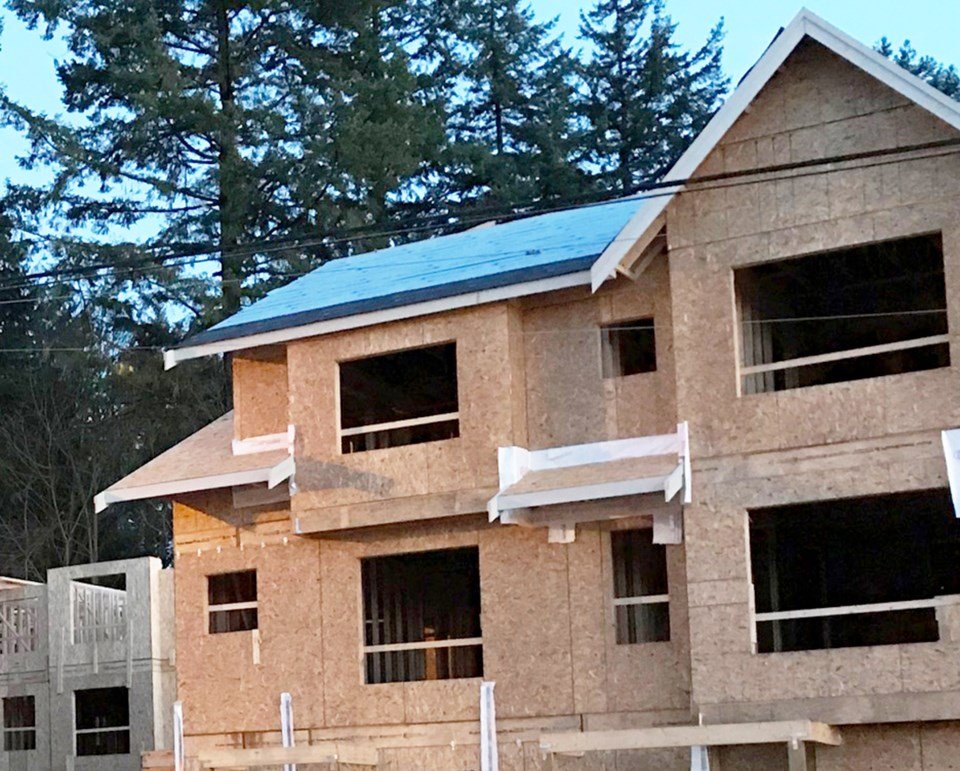The City of Surrey is reporting major progress in its efforts to grow its housing supply. In just 18 months, more than 9,500 net new homes have been approved as part of the Housing Action Plan. City officials say the results show real success in their push to meet current and future housing needs. Over 30 internal changes have been made to speed up housing approvals and improve development processes. These improvements are helping to build homes faster and support a wide range of housing types for residents across the city.
Surrey Mayor Brenda Locke said the city is following through on its promise to make housing more available and affordable. She also thanked the federal government and the Canada Mortgage and Housing Corporation for their financial help. In 2023, the city received $96.5 million from the federal Housing Accelerator Fund to support its housing plan. The final $25.6 million of that funding will depend on the city meeting its full targets.
The Housing Action Plan aims to increase the city’s housing stock by 27.8 percent. This includes adding an average of 4,333 new homes per year, with a goal of 13,000 total homes by the end of 2026. Officials say the current pace suggests the city is on track or even ahead of schedule. Along with approvals and new builds, Surrey is working on new zoning plans to allow for six-storey buildings, townhouses, and mixed-use projects. Another planned change is the introduction of pre-approved building designs, which could further speed up construction timelines. These new options will make it easier for developers and property owners to add homes such as basement suites or laneway houses.
The housing challenge is not limited to Surrey. Other nearby communities also face big needs. A recent set of interim housing reports shows that about 259,500 homes will be needed over the next 20 years in four cities south of the Fraser River. These reports are required by new provincial rules introduced in 2023. They help cities understand what types of housing they will need in the short and long term.
Delta, for example, has reported that it will need 9,788 new homes between August 2024 and August 2029. Over 20 years, Delta is expected to need 29,457 new housing units. These numbers update the city’s previous report from 2020. Delta must complete a new full housing report by the end of 2028 and every five years after that. While these numbers are not fixed requirements from the province, they are meant to guide local planning and action.
Surrey’s projected housing needs are the highest in the region. Its updated report shows that 169,221 new homes will be needed over the next 20 years. This reflects the city’s fast-growing population and rising demand for all types of housing. Other cities nearby face smaller but still serious numbers. Richmond, for example, will need 51,981 new homes over 20 years. White Rock is expected to need 8,816 homes in the same period.
City leaders say they are not only focused on building more homes, but also on making the process easier and faster. The Housing Action Plan is not just about numbers. It is about making Surrey a better place to live for everyone. With strong support from the federal government and better planning tools in place, Surrey is positioning itself as a model for housing growth in British Columbia. The progress so far shows that with the right tools and support, cities can take real action to meet the growing demand for homes.

